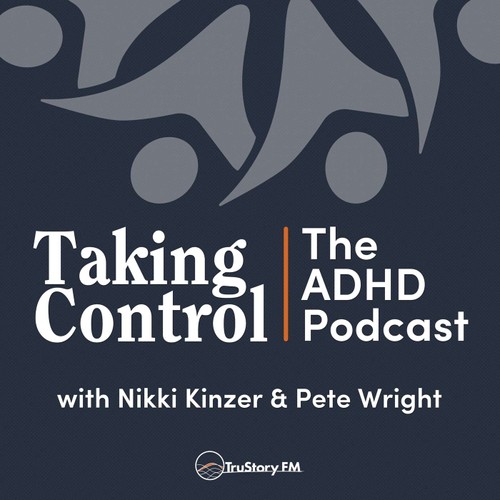
 Taking Control: The ADHD Podcast
Taking Control: The ADHD Podcast It’s Declutter Season!
15 snips
Dec 12, 2024 Clutter is more than just a mess; it affects our mental clarity and daily lives. The hosts reveal surprising statistics about the time lost searching for items and how clutter impacts family dynamics, especially after children arrive. They share strategies for tackling holiday clutter and maintaining a peaceful living space. Listeners are invited to join a January decluttering challenge, exploring both the emotional and practical benefits of letting go of possessions. The episode emphasizes community support as a vital part of the decluttering journey.
AI Snips
Chapters
Books
Transcript
Episode notes
Garage Clutter Cycle
- Nikki Kinzer admits her three-car garage is full of clutter, despite regular decluttering efforts.
- She acknowledges the cyclical nature of clutter and the ease with which garages become dumping grounds.
Decluttering Benefits
- Decluttering saves time, money, and reduces guilt, according to Gretchen Rubin.
- It promotes calmness and reduces stress related to unfinished projects.
Decluttering and Mental Clarity
- Pete Wright finds decluttering improves his decision-making, focus, and productivity.
- It leads to clearer thinking, reduced FOMO, and better quality choices over quantity.




